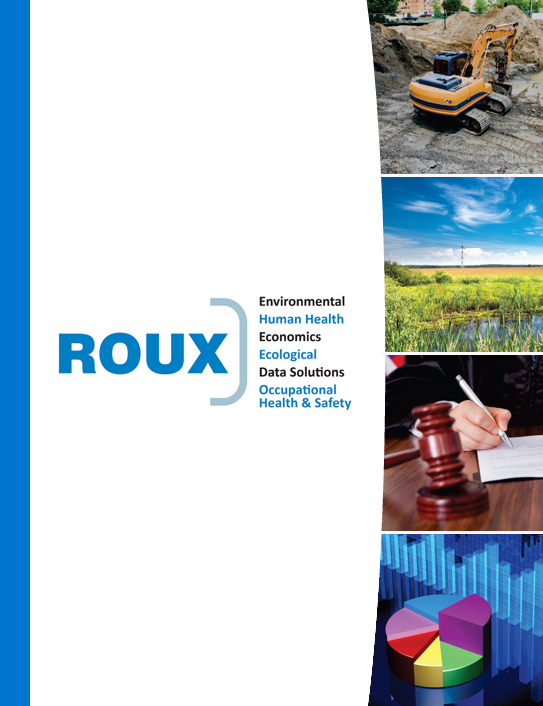Complimentary CLE Webinar – Don’t Let it Escape: Managing Risks of Carbon Capture and Storage
Complimentary CLE Webinar
Presented by Kelly Coulon, P.E. & Franz Hiebert, Ph.D., P.G. of Roux and Stephen C. Szalkowski, Esq. of Latham & Watkins LLP
Tuesday, December 14th at 2-3pm EST
Carbon Capture and Storage (CCS) is an important technology in the fight against climate change, with the ability to prevent significant quantities of carbon dioxide (CO2) from entering the atmosphere. With CCS, CO2 is captured, transported, and injected into deep geological formations for permanent storage or use in enhanced oil recovery operations. As climate change prevention and ESG efforts more broadly gain momentum in the United States and throughout the world, we are entering an era of increasing global interest, investment, and major commercial activity in the CCS field.
As the CCS industry grows, it is imperative for all parties involved to understand the environmental and economic risks associated with CCS operations. From a technical perspective, the biggest risk is releasing CO2 during capture, transport, or storage. Some of this risk is mitigated, in part, through Federal and State CCS regulations and industry best management practices. From the commercial perspective, government incentives such as CCS tax credits provide additional economic incentives for investment in CCS, and help mitigate potential economic risks. In addition, insurers can help mitigate some of the risks for industry and investors by writing policies to cover CCS operations. This presentation will provide an overview of CCS technology, the risks associated with CCS, and ways to mitigate these risks. Please register using the form below.
Complimentary registration comes with CLE credit in one state, provided by Perrin Conferences, and will be available in California, Illinois, New Jersey, New York, Pennsylvania, and Texas. If you would like to purchase CLE credits for additional states, there will be a $75 per state CLE charge. This webinar is pending approval in Florida, Oklahoma, and Texas for CE Adjuster Credit.

|
|
|



